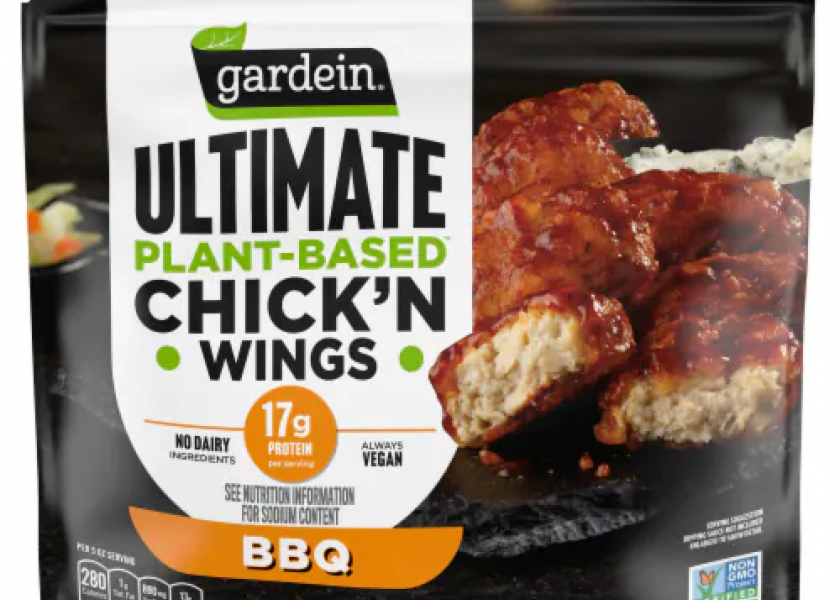Plant-Based Chicken Plucking

Ahead of this month’s Super Bowl, a group known as Compassion in World Farming (CWF) issued a news release claiming over 160 million plant-based chicken wings would be eaten in America during the game. Which, wow, sounds like a lot.
For the sake of full disclosure, I don’t usually get on a soap box to defend chicken wings, but this seems like a good place to start.
America produces 9 billion chickens annually, which would be 18 billion chicken wings, give or take a deformity or two. Therefore, my math suggests that 160 million plant-based wings amounts to less than 1% of the chicken wing market. (For context, Americans are anticipated to devour 1.42 billion wings from real yard birds during the Super Bowl, according to the National Chicken Council.)
Plant-based chicken pluckers, of course, are not satisfied with a 1% market share. That’s where the marketing and PR teams become important. Their task – difficult as it may seem to cowboys – is to convince folks this new concoction of pea protein, soy protein, flour, oils and sodium tastes just like chicken.
“Meat alternatives represent the future of food.” So says the release from CWF. That seems like a stretch at this point, but when you’re trying to disrupt an industry as big as meat you start with bold statements. More important for cowboys and real-world chicken farmers is how plant-based proteins are being pitched to consumers.
“Healthy” is the claim found in any description of plant-based proteins. Indeed, there’s research suggesting vegetarian and vegan diets can be healthy. Some studies have found lower rates of heart disease and type 2 diabetes when compared to diets high in meat and animal products.
Medical research also suggests plant-based diets carry some risk of inadequate protein, vitamin and mineral intake. Such risks can be overcome with choosing the right foods and with supplements. But other risks may be present for vegans. A British study, for instance, found that vegetarians may have an increased risk of stroke.
While the increased risk was small, the British researchers said the “findings will complicate the way we look at plant-based diets.”
For fast-food companies like McDonald’s, however, “healthy” continues to be a sales challenge. Last month the McPlant burger was introduced under the Golden Arches, and the logic for healthy menu items makes sense as some people want to eat healthy food. But McDonald’s has tried healthy before and it failed. The McPlant may be different, but the reality has proven that people don’t go to McDonald’s to eat healthy.
A similar hurdle will face plant-based wings during football games. Hard to imagine fans drinking beer, eating chips and being concerned about “healthy” wings.







